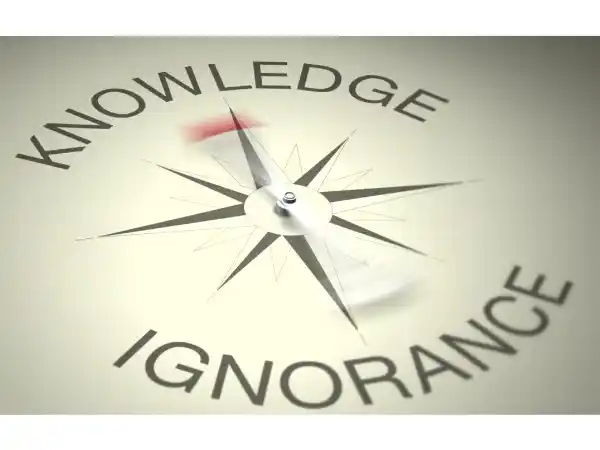This table of contents offers a structured approach to exploring the core theme in Theory of Knowledge, covering its foundational concepts, critical elements, and practical applications. You will feel confident with the coverage on the Core Theme of TOK as it is going to help you to strategize unique lesson plans for your vibrant TOK classroom.
Table of Contents (2 teaching hours)
- Introduction to the Core Theme: Knowledge and the Knower
- The Role of the Core Theme in TOK
- Understanding Knowers in a Global Context
- Understanding the 12 TOK Concepts
- Evidence, Certainty, and Truth
- Interpretation and Perspective
- Power and Justification
- Explanation and Objectivity
- Culture, Values, and Responsibility
- Knowledge Framework
- Scope
- Perspectives
- Methods and tools
- Ethics
- Knowledge Questions: The Heart of TOK
- What are Knowledge Questions?
- The Role of Knowledge Questions in Guiding Inquiry
- Engaging with Broader Discourses on Knowledge
- Exploring Metaphors in Knowledge
- Knowledge as a Map: Construction and Context
- The Evolution of Knowledge Through Metaphorical Understanding






